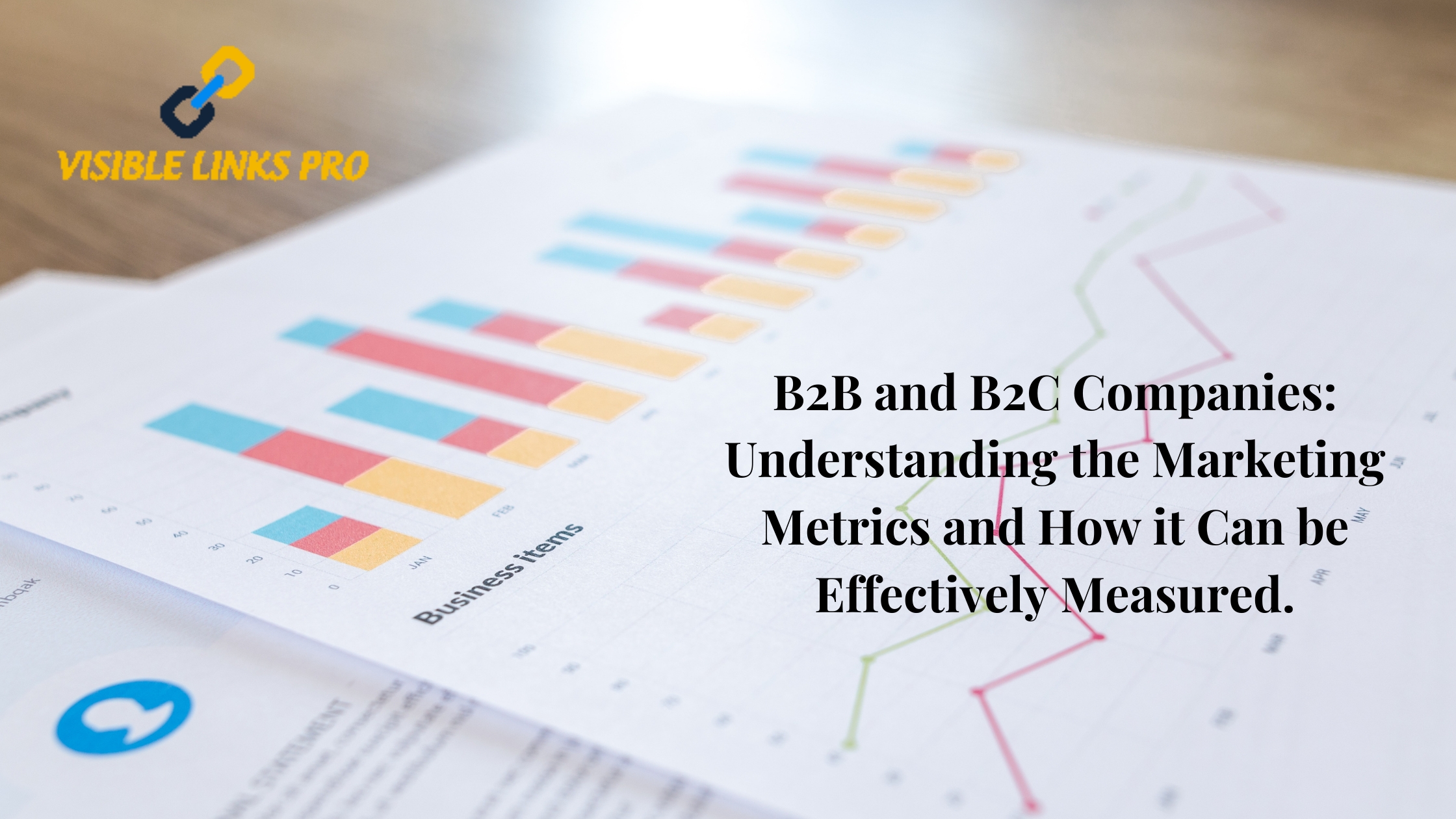50 Major Link Building Terms Explained
Link building is a major off-page SEO tactic and one...
Read MoreWhy a Content Distribution Strategy is Important: And How to do it Effectively
Wouldn’t it be great if every piece of content you...
Read MoreB2B and B2C Companies: Understanding the Marketing Metrics and How it Can be Effectively Measured
B2B and B2C are two separate forms of marketing models...
Read More70 Major SEO Tools Every Beginner Should Try
Search Engine Optimisation is only as good as the tools...
Read More



